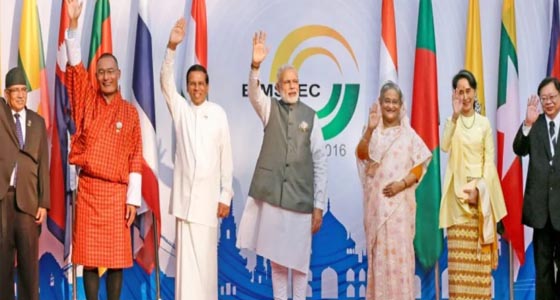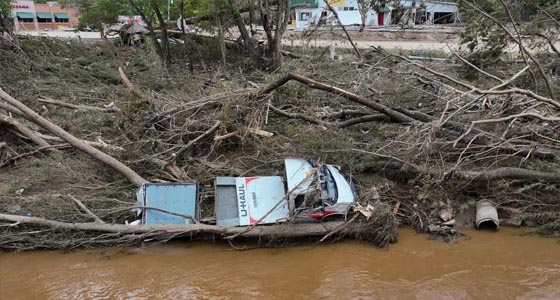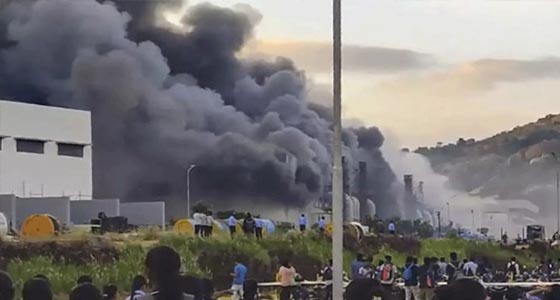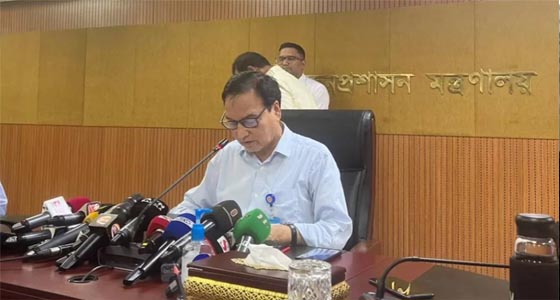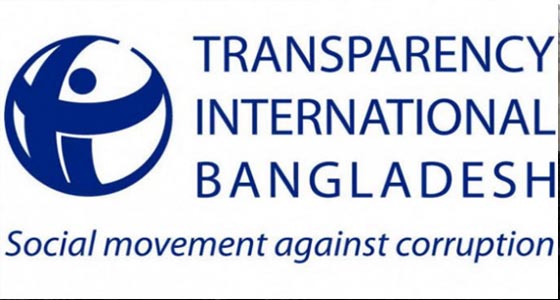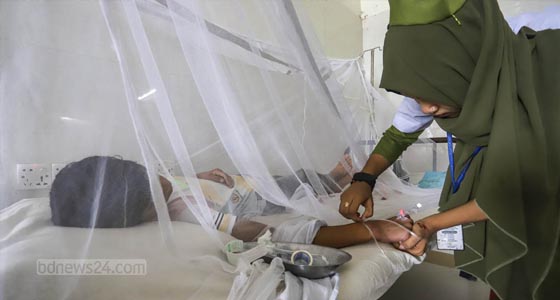BIMSTEC Summit: Fresh Cooperation Needed Amid Evolving Global Dynamics
- Last Update : 04:33:09 am, Tuesday, 16 July 2024
- / 733 Read Count
Musammad M Tamanna
The 6th BIMSTEC summit, set for September in Bangkok, marks a crucial juncture as global dynamics evolve and new challenges emerge. BIMSTEC, encompassing Bangladesh, Bhutan, India, Myanmar, Nepal, Sri Lanka, and Thailand, must adopt a fresh approach to regional cooperation amidst these shifting dimensions.
The concept of the New World Order signifies a geopolitical landscape in flux, characterized by evolving power structures, rapid technological progress, and heightened interconnectedness. In this context, global issues have grown more intricate and interdependent.
Despite prioritizing trade, BIMSTEC has yet to make significant strides in boosting trade among its South and Southeast Asian member states. Since its inception in 1997, the bloc has struggled to streamline tariff and non-tariff measures (NTMs), regulatory frameworks, and harmonize standards, as highlighted in the Third Gulf Declaration. The Bengal Economic Dialogue 2024 concluded on 12 July in Bangkok.
Maintaining peace and stability in an increasingly multipolar world stands as an urgent imperative. Challenges such as conflicts, terrorism, and cyber threats transcend national boundaries, necessitating collaborative international efforts.
Furthermore, advancements in artificial intelligence, biotechnology, and digital infrastructure present vast opportunities alongside ethical, security, and regulatory challenges. Addressing climate change, biodiversity conservation, and sustainable development necessitates concerted global action. Rising sea levels, extreme weather events, and resource scarcity affect nations across the BIMSTEC region and beyond.
In spite of progress, poverty persists in many BIMSTEC regions. Bridging economic disparities and achieving inclusive growth are crucial not only for regional prosperity but also for global stability. Moreover, several BIMSTEC nations grapple with macroeconomic instability, hindering poverty alleviation and resilience-building efforts.
BIMSTEC, the Bay of Bengal Initiative for Multi-Sectoral Technical and Economic Cooperation, stands as a pivotal regional platform aimed at bolstering economic ties, reducing poverty, and fostering sustainable development across its member states. Emphasizing trade, investment, connectivity, and cooperation, BIMSTEC focuses on enhancing regional integration through collaborative efforts.
Recognizing the pervasive threats of terrorism and transnational organized crime, BIMSTEC underscores the importance of joint initiatives and information sharing among its member nations. This collective approach is pivotal in safeguarding regional stability and security.
Connectivity lies at the heart of BIMSTEC’s agenda, spanning physical infrastructure, digital networks, and people-to-people ties. By bolstering transport links, energy networks, digital infrastructure, and technological cooperation, BIMSTEC endeavors to catalyze economic growth and bolster resilience within the region.
Many BIMSTEC countries face significant climate vulnerabilities, with some experiencing acute challenges such as rising sea levels and extreme weather events. Collaborative efforts within BIMSTEC are crucial in addressing climate change mitigation, disaster risk reduction, and sustainable resource management across the region.

